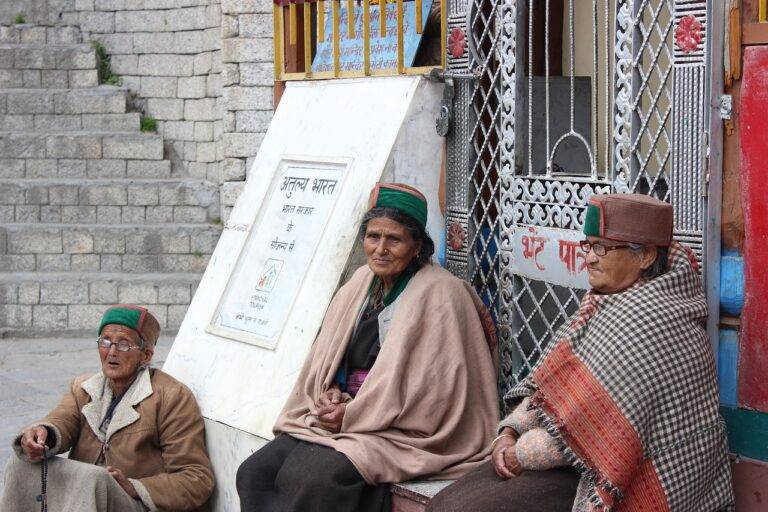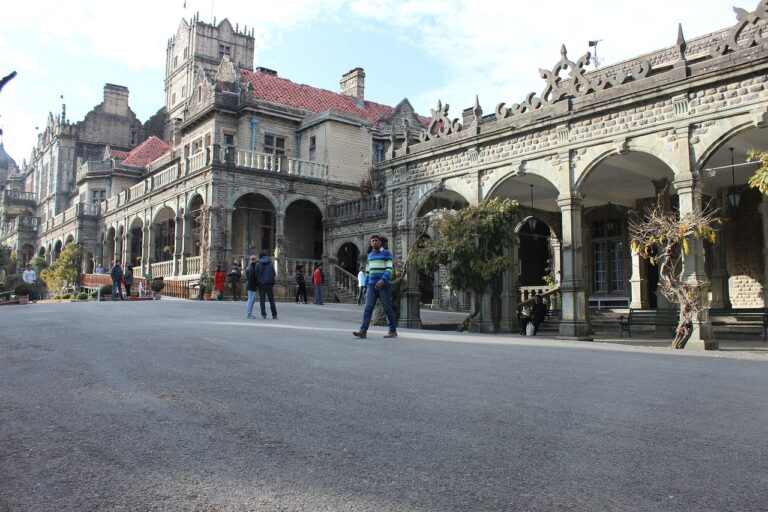Effective Communication Strategies for PACs
silver exchange, goldenexch login, betbook247.com login: The Role of PACs in Local Elections: Case Studies
Local elections are an important aspect of our democratic process, as they determine the leadership and policies that directly impact our communities. In recent years, political action committees (PACs) have played an increasingly prominent role in local elections, raising questions about their influence and impact on the outcome of these races. In this article, we will explore the role of PACs in local elections through a series of case studies, highlighting how these organizations can shape the political landscape at the grassroots level.
Case Study 1: The Mayoral Race in Smalltown, USA
In Smalltown, USA, a hotly contested mayoral race was underway, with multiple candidates vying for the position. One candidate, Jane Smith, had the backing of a well-funded PAC that supported her platform on economic development and public safety. The PAC ran ads on television, sent out mailers, and organized events to boost Jane’s visibility and credibility among voters.
Thanks to the PAC’s support, Jane was able to gain a competitive edge over her opponents, who struggled to match her fundraising efforts. In the end, Jane won the election by a slim margin, with the PAC’s financial support proving to be a decisive factor in her victory.
Case Study 2: School Board Elections in Suburbia
In Suburbia, a series of school board elections were being held, with candidates running on platforms related to education funding, curriculum development, and teacher accountability. Several PACs emerged to support candidates aligned with their respective interests, pouring money into advertising campaigns and grassroots organizing efforts.
One PAC, representing a coalition of local teachers’ unions, backed a slate of candidates advocating for increased education funding and teacher empowerment. Another PAC, supported by conservative business interests, supported candidates focused on accountability and efficiency in the school system.
As a result of the PACs’ involvement, the school board elections became highly competitive, with candidates benefiting from significant financial resources and organizational support. Ultimately, the candidates supported by the teachers’ union PAC secured a majority on the school board, leading to policy changes that aligned with their priorities.
Case Study 3: City Council Races in Urban Center
In Urban Center, a series of city council races were taking place, with candidates competing for seats representing diverse constituencies and neighborhoods. PACs representing various industries, advocacy groups, and community organizations emerged to support candidates who aligned with their interests and agendas.
One PAC, backed by real estate developers, supported candidates who prioritized economic development and infrastructure projects. Another PAC, representing environmental activists, supported candidates who championed sustainability and climate resilience initiatives. Yet another PAC, supported by labor unions, backed candidates who advocated for worker rights and social justice issues.
The involvement of these PACs in the city council races led to a vibrant debate on policy priorities and a high level of voter engagement. While some criticized the PACs for potentially skewing the electoral process in favor of well-funded candidates, others saw their involvement as a necessary means of amplifying diverse voices and perspectives in the political arena.
FAQs
Q: What is a PAC?
A: A political action committee (PAC) is an organization that raises money to support or oppose political candidates, parties, or issues.
Q: Are PACs legal in local elections?
A: Yes, PACs are legal in local elections, but they are subject to disclosure and contribution limits set by state and local laws.
Q: How do PACs raise money?
A: PACs raise money through donations from individuals, corporations, labor unions, and other organizations interested in influencing the outcome of elections.
Q: Do PACs have to disclose their donors?
A: Yes, PACs are required to disclose their donors and expenditures to the relevant election authorities.
In conclusion, PACs play a significant role in shaping the outcomes of local elections, providing financial resources and organizational support to candidates and causes. While their influence may raise concerns about the fairness and transparency of the electoral process, PACs also serve as a vehicle for amplifying diverse voices and priorities in our democratic system. As citizens, it is important to remain informed about the role of PACs in local elections and to participate actively in the electoral process to ensure that our voices are heard and our interests are represented.







